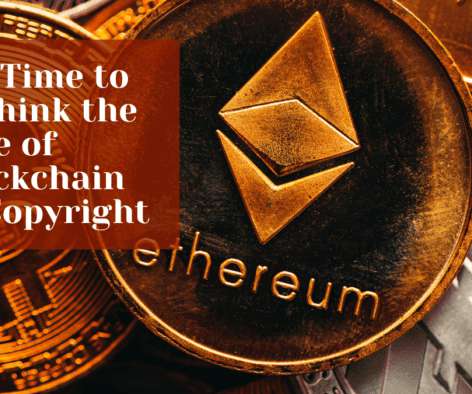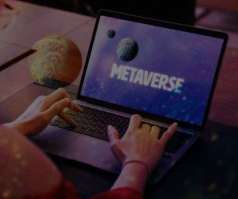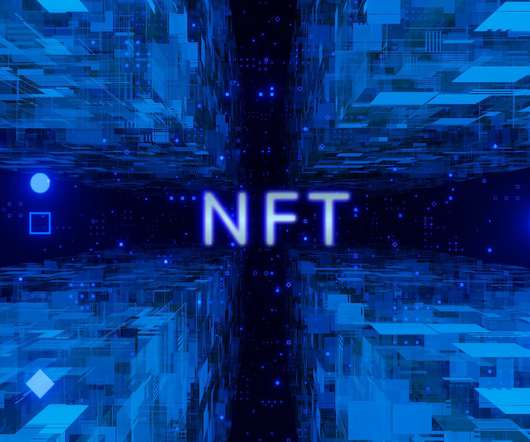Can We Reexamine the Role of Blockchain in Copyright Now?
Plagiarism Today
AUGUST 2, 2022
Back in January, the crypto group Spice DAO (decentralized autonomous organization) made headlines for spending approximately $3 million to acquire a physical copy of the book Jodorowsky’s Dune , a bible for a planned Dune move that would have been made in the 1970s. . The payment beyond excessive.












Let's personalize your content